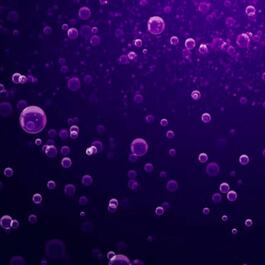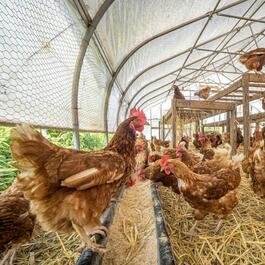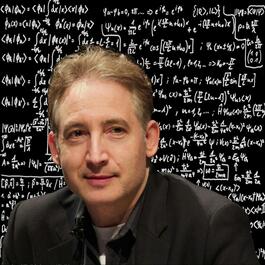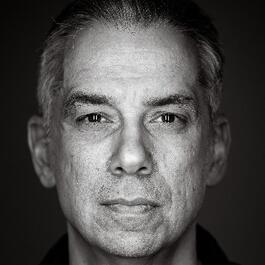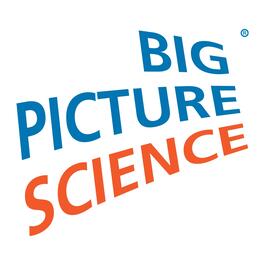
Big Picture Science
The surprising connections in science and technology that give you the Big Picture. Astronomer Seth Shostak and science journalist Molly Bentley are joined each week by leading researchers, techies, and journalists to provide a smart and humorous take on science. Our regular "Skeptic Check" episodes cast a critical eye on pseudoscience.
Show episodes
Science fiction movies force us to face a multitude of end-of-the-world scenarios. Whether the final curtain is dropped by rampaging aliens, killer rocks from space, or virus-infected zombies, these big screen glimpses of a dystopian future are as tantalizing as they are frightening. But one American city seems to be a
While humans were leaving the Stone Age and entering the Bronze, some Bristlecone pine trees grew from seeds to sprouts. They’ve been growing ever since. These 5,000-year-old pines are among the oldest organisms on Earth. Superlatives are also appropriate for the towering redwoods. Trees are amazing in many ways. They
Just because something is invisible doesn’t mean it isn’t there. We can’t see gases in our atmosphere, such as carbon dioxide, oxygen, and nitrogen, but we benefit from their presence with every breath we take. From the bubbles that effervesce in soda to the vapors that turn engines, gases are part of our lives. They f
The Amazon is often described as an ecosystem under dire threat due to climate change and deliberate deforestation. Yet there is still considerable hope that these threats can be mitigated. In the face of these threats, indigenous conservationists are attempting to strike a balance between tradition and preserving Ama
The worry about whether H5N1 will trigger a human pandemic has concealed a startling reality. Avian influenza has already taken an enormous toll on the lives of other animals. Since 2005, the number of wild and domesticated birds killed is greater than the combined human populations of the United States and Russia. Bir
The idea that the universe is made of tiny vibrating strings was once the science theory du jour. String theory promised to unite the disparate theories describing particles and gravity, and many people, not just scientists, were optimistic that a theory of everything might be within our grasp. But here we are, many ye
